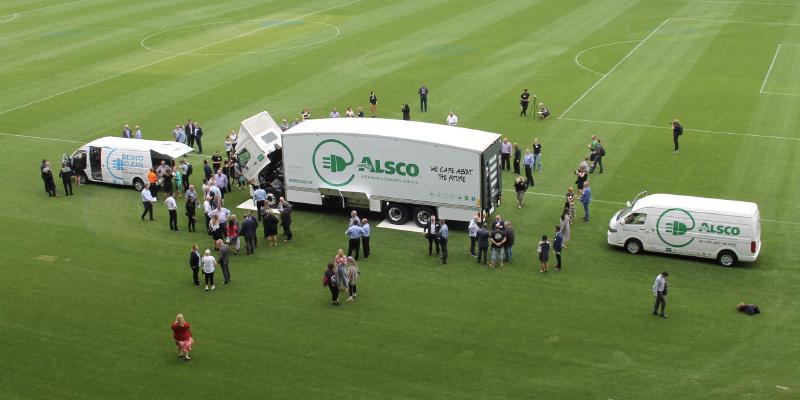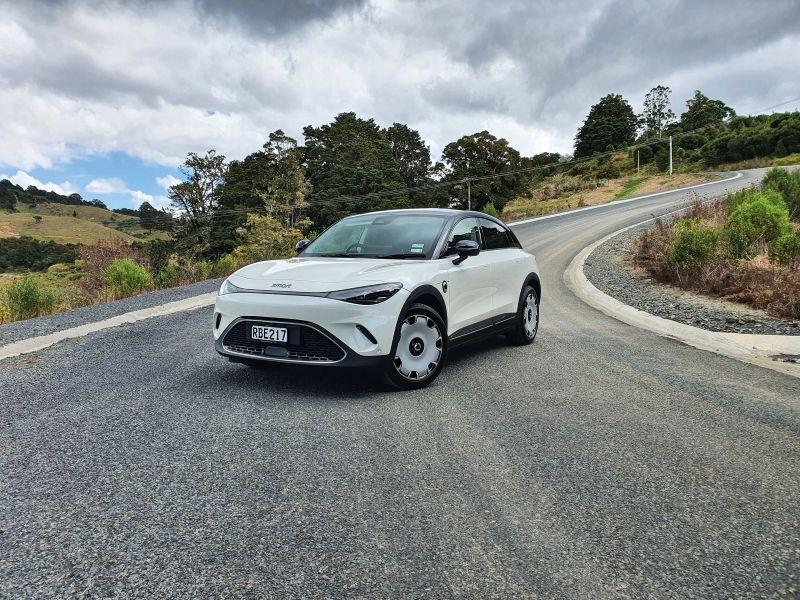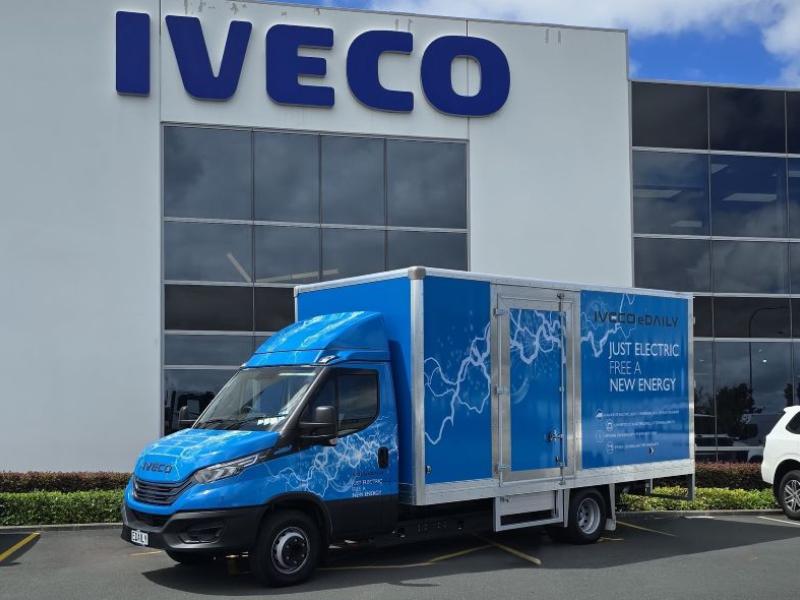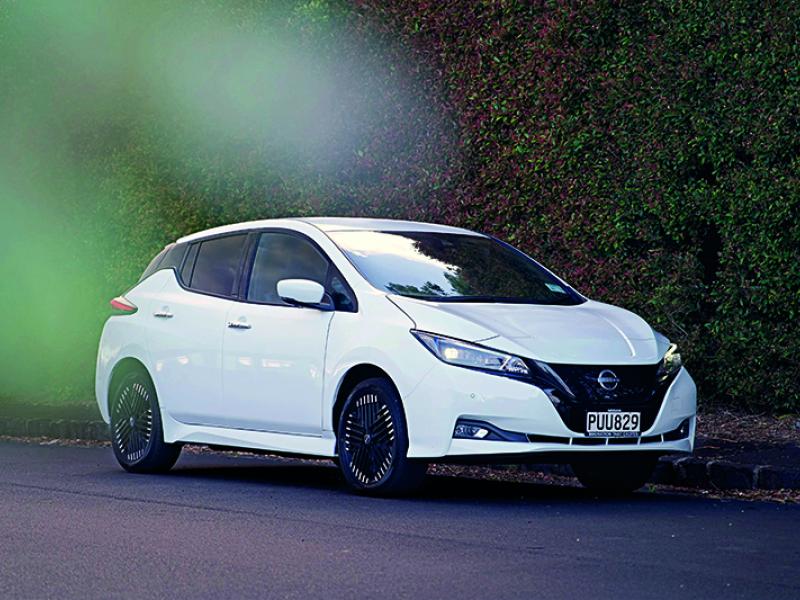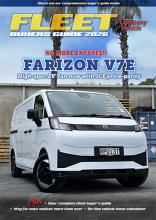We’re all pretty comfortable with the idea of staff running around in EV passenger cars and there are EVs in place for those in upper management too, but what about EVs in the areas where we really want to see them?
We are talking about heavy commercial applications and happily, this appears to be the focus on EVs this year, where corporates are making a more than significant switch to big electrics.
Oh yes, we have seen a few champions of EV heavy users, like waste management for example, commit to making the world a better place by eliminating diesel trucks in favour of electrics, and now it seems ALSCO is following in the wheel tracks.
For those who choose to ignore the flotilla of green and white vans that come and go into hundreds of businesses a day providing essential linen/bathroom/uniform and first aid services, yes, this is ALSCO NZ, a company which, thanks to its former identity as NZTS, has a history of serving the country for over 100 years.
ALSCO NZ is a privately-owned company, employing 1000 New Zealanders and serving in excess of 30,000 customers every week. The fact that it is a privately owned company which has orchestrated the design, build and introduction of service to something the size of the heavy EV is not something to be sneezed at, even if there is a clean towel handy.
At a launch in November of last year, ALSCO introduced New Zealand to the first intercity Heavy EV, a Hino GH 1828 from the very popular 500 Series, at an event acknowledged by the Energy and Resources Minister The Honourable Dr Megan Woods and the Minister of Climate Change The Honourable James Shaw.
There was a significant amount of work to bring the heavy EV project to life. First off came the funding, which is where EECA (the Energy Efficiency and Conservation Authority) came in.
EECA’s Low Emission Contestable Fund answering ALSCO’s application based on a selection of suitable intercity routes for the truck to operate in, alterations to the normal coach build and adjustments to day-to-day operations to handle the Hino’s charging requirements.
Next came the conversion of a diesel-powered Hino to an EV, and here ALSCO partnered with SEA Electric to fit a zero emission powerplant with 259kW of continuous power, 372kW of maximum power, 1852Nm of continuous torque and a maximum torque of 3500Nm.
In the final analysis, the electric Hino will save ALSCO 25,000 litres of diesel and reduce CO2 emissions by 67 tonnes a year, by replacing one diesel powered truck.
Next came the body build and here, ALSCO retained the services of its primary body supplier, Action Motor Bodies out of the Waikato. The bodywork had to maximise working efficiency for its crew and external aerodynamics in order to realise the potential of the EV conversion.
Charging infrastructure specialist TransNet also played a part in delivering the support the Hino would need on its Rotorua, Taupo, Tauranga route – a trip of 284km daily, five times a week.
According to ALSCO’s number crunching, the investment in the EV was $19,915 over the price of a standard one. The cost comparison between the EV and a comparable diesel on the same route sees an annual operational saving of $49,740.
The EV is expected to cost $17,851 per year less than a truck requiring diesel fuel and maintenance and presently, ALSCO’s flagship truck is exempt from Road User Charges.
With numbers like that, maybe there is something to this heavy EV idea and from this it follows that smaller savings are likely for those considering converting some of their regular fleet over to electric vehicles. Worth thinking about, isn’t it?


